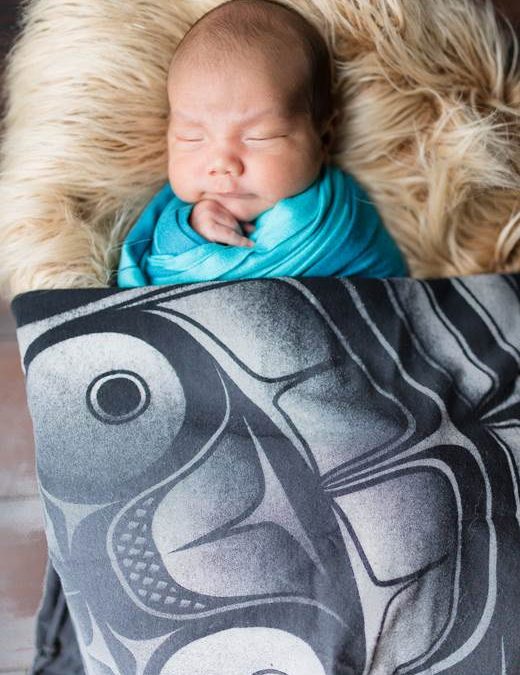Documents from an Access to Information Request from the New Democrats indicate the apprehension of new-born babies, fewer than 30 days old is on the rise.
The document provided to the media suggests that in 2013, 104 children were put in care. In 2017, that number rose to 148. NDP leader Ryan Meili says as a doctor, he became aware of a day-old baby being apprehended due to a family member’s history of substance abuse.
“I was attending a delivery, and a family I had followed all through their pre-natal care, I got to know them really well. They were coming to their appointments; they were really excited about having this baby. I was there for the delivery. I go back the next day to check on the baby as we always do and the baby has been apprehended,” Meili said. Meili says he successfully advocated on behalf of the family to re-unite them.
In 2013 approximately 4500 children were put in care. By 2017, that number had climbed to 5250. The NDP claim that 70 percent of children in care are Indigenous and Indigenous children who died in care is close to 80 percent, with both statistics going up over the past five years.
Social Services Minister Paul Merriman says the Ministry does have programs in place to assist with family reunification and that official’s work with First Nations organizations on keeping children in or near their community, with family and cultural connections.
He says only in extreme circumstances will the Ministry apprehend a child. “We have seen an increase in the number of children coming into care. We only apprehend children when absolutely necessary, when the safety of the child is deemed to be in jeopardy. When we do take a child out of a house, we want to make sure, if we can, we keep them in their community. We try to keep them with a family member or a person of sufficient interest,” Merriman explained.
Merriman could not immediately provide data on new-born mothers flagged by the Ministry for previous history with Child Protective Services who had their baby taken.
(Photo courtesy of the First Nations Health Authority.)
